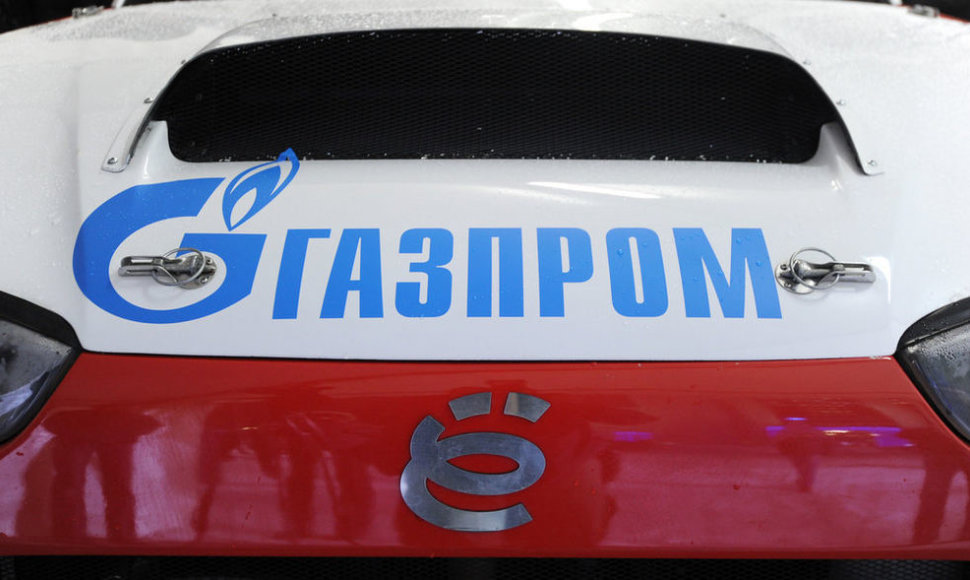The competition watchdog says on its website that, last Tuesday, it extended its probe, opened on July 30, 2012. It would not comment previously on whether it was probing the activities of the Russian gas concern.
"We confirm that the Competition Council is conducting an investigation on a complaint over Gazprom's actions allegedly violating the terms and conditions of the Competition Council's permission to acquire a stake in Lietuvos Dujos (Lithuanian Gas)," Viktorija Urbonavičiūtė, the head of communications at the competition body, told BNS.
In 2004, the Competition Council gave the green light for Gazprom to purchase a 34-percent stake in Lietuvos Dujos and to acquire joint control of the company together with the Lithuanian State Property Fund and Germany's Ruhrgas Energie Beteiligungs and E.ON Energie on condition that there would be no obstacles for Lithuanian consumers to buy gas from other natural gas suppliers, she said.
"The opening of the probe shows that there is reason to suspect a possible violation, but this does not mean that such a violation did actually occur," Urbonavičiūtė told BNS.
The decision to start the probe into Gazprom's actions is related to a complaint filed by an unnamed Lithuanian company in July 2012, and not with the European Commission's investigation into suspected abuse of market dominance by the Russian giant, she says.
Sources have told BNS that the competition watchdog is investigating Gazprom's actions after Lietuvos Energija (Lithuanian Energy) last year asked the Russian supplier to sell it gas on a swap basis. With no deal reached, Lietuvos Energija turned to the competition authority, according to the sources.
It was reported in February 2012 that Lietuvos Energija had found a supplier in Western Europe that would sell it natural gas under more favorable conditions and proposed a natural gas swap deal to Gazprom Export.
If the swap deal were reached, part of gas that the Russian company supplied to Poland via Belarus would be diverted to Lietuvos Energija and the resulting shortage of Gazprom's gas in Poland would be covered from gas purchased by Lietuvos Energija, which would be handed over to the Russian gas company.
As reported at that time, such a deal could bring down the company's gas costs, as well as the prices of electricity for consumers. Lietuvos Energija then said that it could exchange natural gas purchased in European countries for gas supplied to Lithuania by Gazprom Export and indicated the German-Polish border as the nearest possible point of supply.
Lietuvos Energija uses gas purchased from the Russian gas concern for electricity production at Elektrėnai power plant.
The European Commission is currently conducting a probe involving Gazprom, which may be completed at the end of this year or next spring. As suspected, the Russian gas concern might have applied unfair pricing by tying the prices of gas to oil prices.












